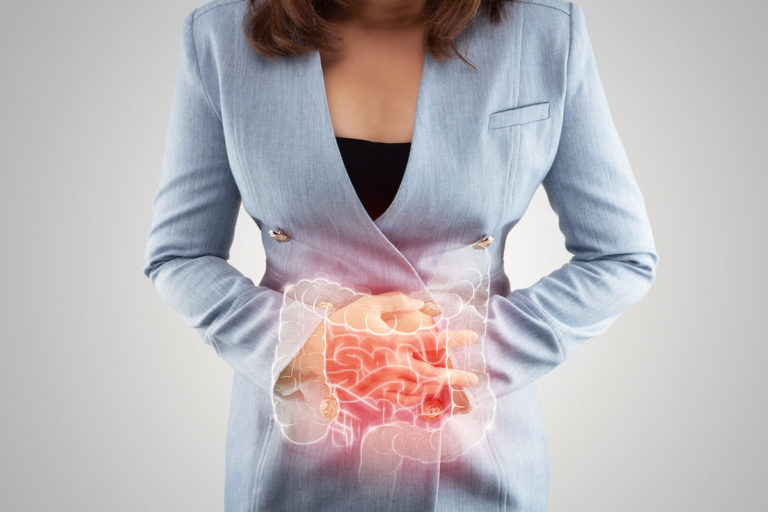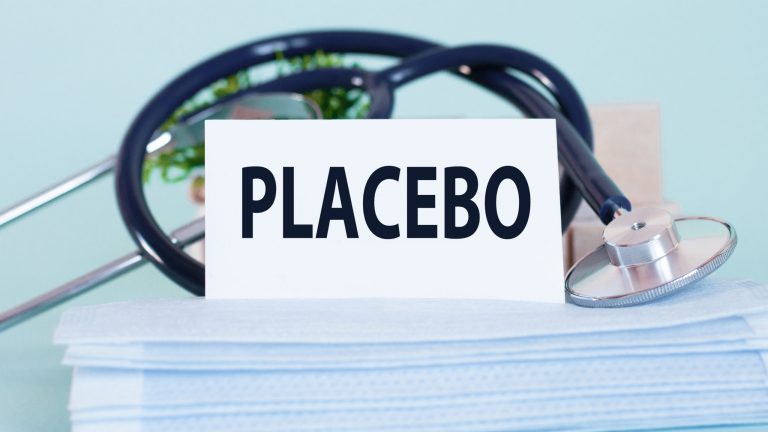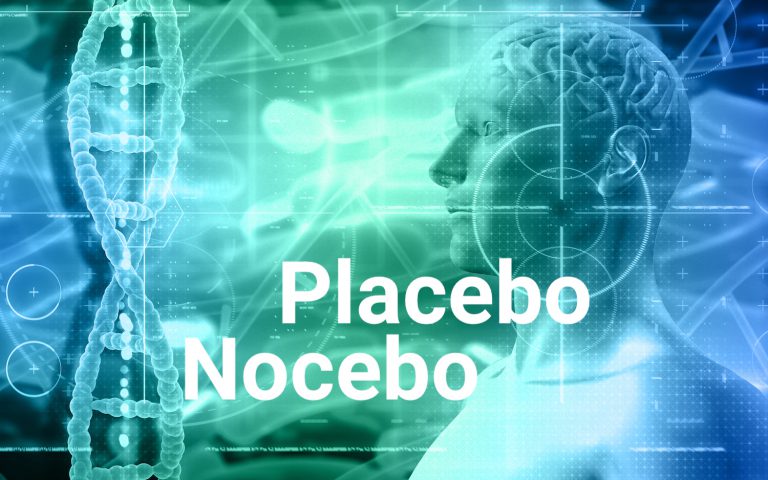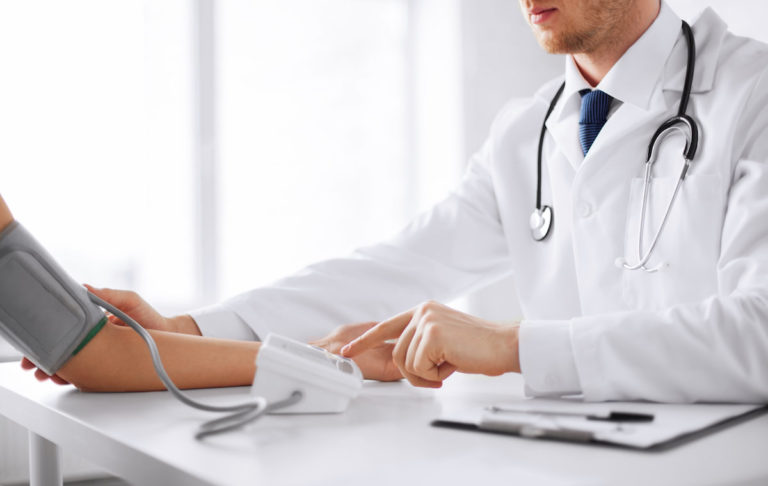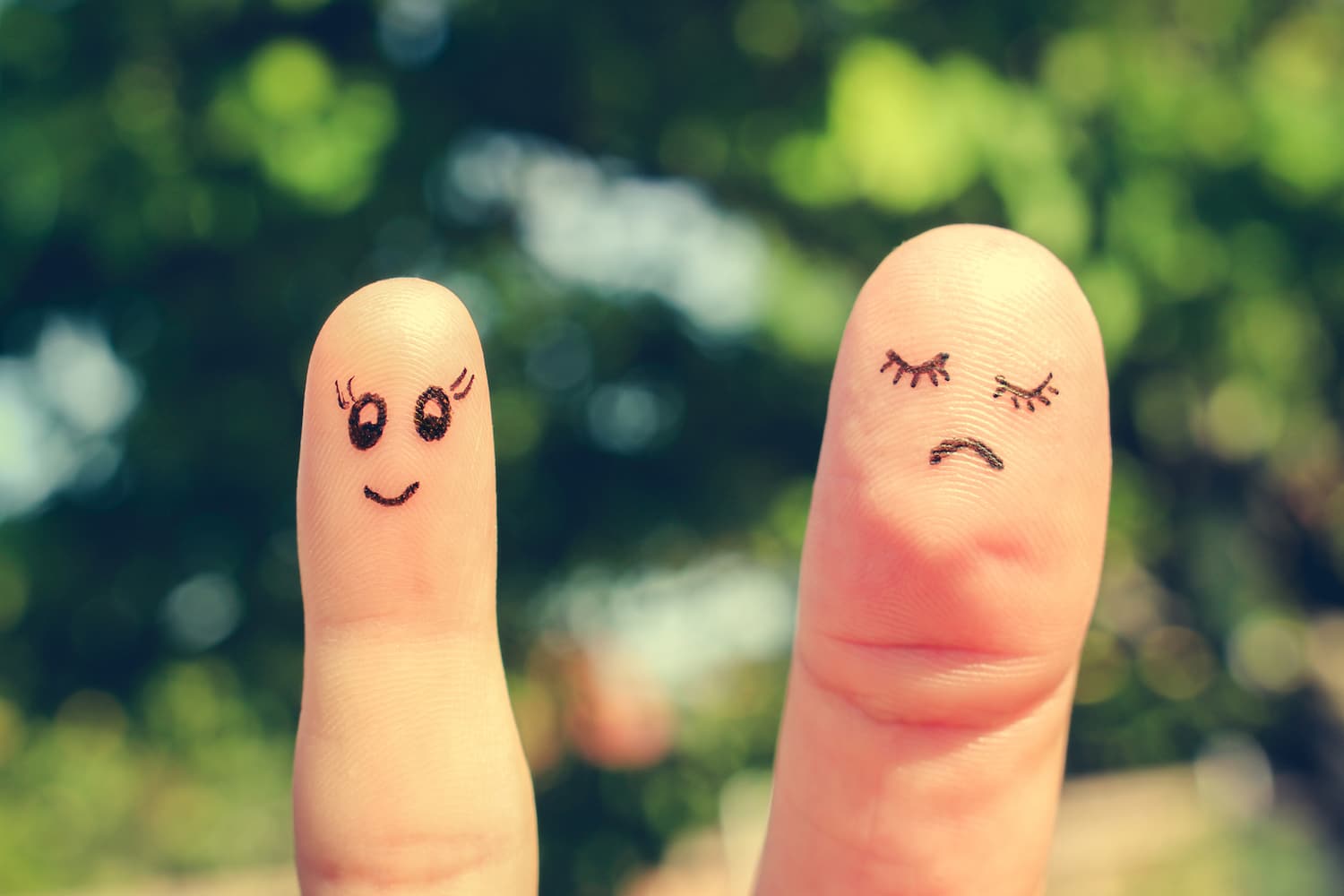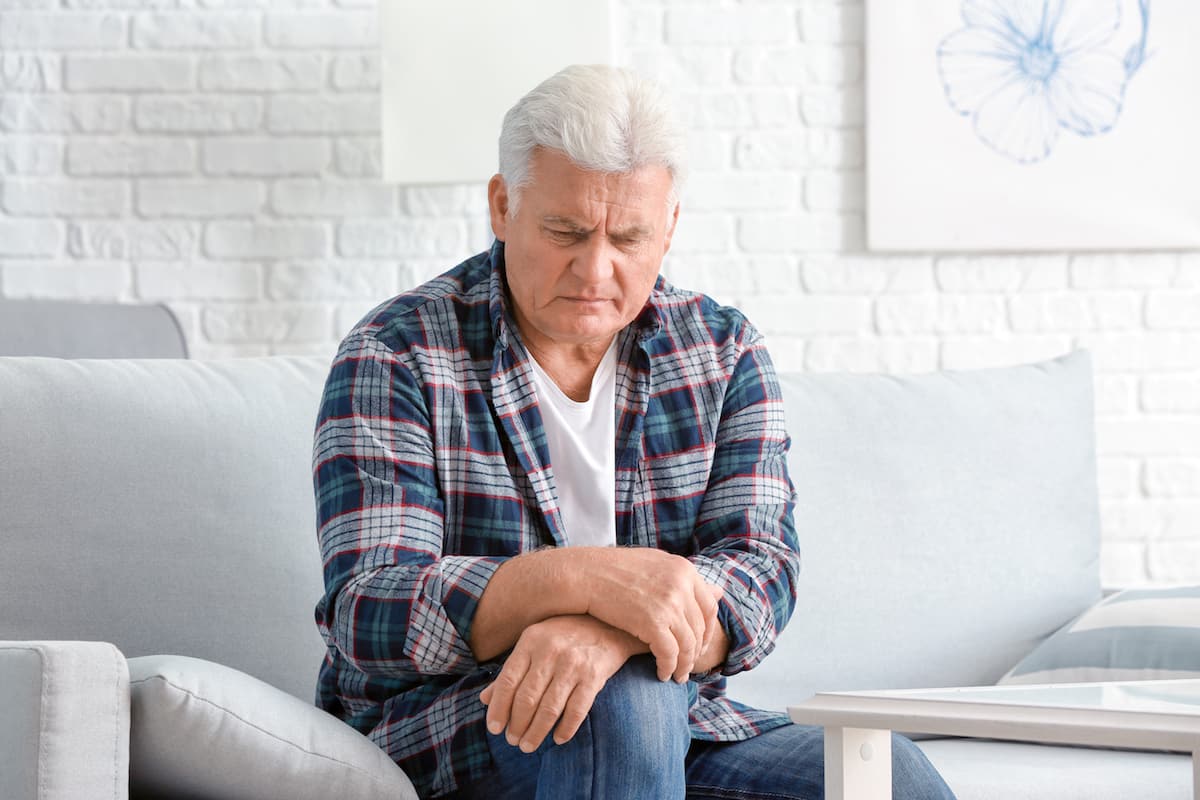Updated on 15. November 2021 from Carolin Jäger
Reading time: approx. 5 minutes
Symptoms, causes and treatment of depression
Depressions lie like shadows on the soul and plunges life into a drab grey. Far more than a temporary low mood, they affect everyday life and affect not only thinking and feeling, but also physical well-being. Loss of drive and melancholy, but also lack of concentration, insomnia and chronic pain are among the many complaints that indicate depression and can significantly reduce the quality of life.
Seeking help at an early stage and having the symptoms medically clarified is the first step in successfully coping with the disease. Effective treatment always takes the individual situation into account. Medication and psychotherapeutic care, methods of coping with stress and a change in lifestyle, but also the supportive accompaniment through procedures based on nature such as the ÁYIO-Q health program Health-Care can help to cope with depression and regain the joy of life.
In the modern world, depression is one of the most common illnesses
Around the globe live roughly 350 million people with depression, with women being affected twice as often as men. In 2030, mental suffering is likely to threaten the health of the world population more than cardiovascular diseases.
In Germany, the statistics are about 6.2 million cases of depression within one year. The exact number is difficult to quantify because those affected often do not seek professional advice, but rather try to deal with their complaints on their own. In addition, the disease often hides behind diffuse symptoms, which makes an accurate diagnosis more difficult. Seeing that depression has many faces, it is particularly important to be careful with your own body and to seek competent advice at an early stage in the event of suspicious complaints.
Symptoms of depression
Although the manifestation of depression is as individual as the background to its development, there are various signs that clearly indicate the disease. At least two of the three key symptoms are always involved in the course of the disease.
- People who suffer from depression often complain about a low mood. You feel down or emptied.
- Affected people experience a joyless everyday life and lose interest in what used to be important for their lives. Work and hobbies, activities with family and friends are no longer fun.
- Depression can lead to a lack of drive. Even for everyday activities there is a lack of motivation and even small errands can quickly become tiring. What happens in the soul is often also expressed in facial expressions and posture: Powerless movements and a petrified expression give an indication of the state of mind at first glance.
In addition to the main symptoms, numerous other symptoms can indicate depression, including:
- Lack of concentration, decreased attention and, as a result, a bad memory,
- low self-esteem and self-confidence,
- Sensations of guilt and feelings of not deserving other people’s affection and concern,
- the impression of hopelessness and being trapped in the situation, as well as the associated inability to look positively into the future,
- Suicidal thoughts and acts,
- Difficulty falling and staying asleep,
- Loss of appetite.
During depression, the low mood is often accompanied by physical complaints such as headaches, circulatory disorders or stomach and intestinal problems. Often it is these symptoms and not the emotional distress that cause those affected to see a doctor.
Different forms of depression
Mood swings, listlessness and sadness, sleep disturbances or increased tiredness occur in most people’s lives every now and then without indicating a serious mental illness. According to the scientific definition, depression is only present if the person concerned has at least two of the main symptoms and two of the secondary symptoms and the symptoms have persisted for more than two weeks.
Depending on the course of the disease, different forms of depression can be distinguished.
- Depression usually comes in phases. Half of those affected experience more than one of the so-called depressive episodes over time. The times between the episodes can be of different lengths.
- If the symptoms persist for more than two years, it is a matter of chronic depression.
- If an emotional upset has lasted for at least two years, but restricts life significantly less than depression, it is called dysthymia. During a dysthymia, a depressive episode can also occur (double depression).
About 20 percent of the patients with depression suffer from bipolar disorder. Low-drive episodes alternate with phases of exaggeratedly elevated mood.
Causes of depression
The reason for the development of depression is merely individual and cannot always be clearly determined. However, the likelihood of illness increases due to certain influences such as:
- Previous depressive episodes or suicide attempts,
- Family record of depression or manic-depressive disorders
- Serious physical illnesses such as impairment of the cardiovascular system or cancer,
- Alcohol or drug addiction,
- Strokes of fate, relationship crises, overload, unemployment,
- social isolation and loneliness.
Most of the time, depressive episodes cannot be traced back to a single triggering event. As a rule, several favourable factors come together that cause emotional distress.
Therapy for depression
Depression is a serious illness that affects people who think, feel and act in their social environment as a whole. Accordingly, the mental suffering requires holistic therapy that includes both body and mind. Measures that can comprehensively combat depression include:
- Psychotherapy and word therapy (hypnotherapy),
- special drugs,
- light, awake, exercise and occupational therapy treatments as well as artistic therapies.
In the acute phase, treatment aims to reduce the symptoms of depression and restore normal resilience in everyday social life. During the subsequent maintenance therapy, it is also important to reduce the risk of a relapse in the long term.
In order to ensure the success of the treatment and to keep the mental equilibrium in the long term, it would be plausible to fundamentally rethink your lifestyle. More exercise, a healthy diet and better strategies for coping with stress form the basis for physical well-being and a stable mental state. Nature-based procedures such as the ÁYIO-Q House-Energy health program, which combines the latest scientific findings with the proven vitality knowledge of antiquity , can additionally strengthen the life energy and promote the self-healing powers in a natural way.
The ÁYIO-Q Centre of Vitality offers further possibilities to strengthen the body’s self-healing powers and have a positive effect on a depressive mood or depression. The breathing exercises of ÁYIO-Q Pnoē-Therapy and the drinking water cures of ÁYIO-Q Enerγó-Hydro-Therapy are particularly popular. In a survey, 78 per cent of users said they would recommend ÁYIO-Q to friends and acquaintances.
Connected articles: Depression
- Depression – Depressed mood or depression?
- Depression – Conventional therapies
- Depression – Vitamins, Minerals and Herbs for Depression
Sources:
- Bundesministerium für Bildung und Forschung, Depression: Schatten auf der Seele, at https://www.gesundheitsforschung-bmbf.de, accessed 10.04.2021
- Patientenleitlinie: Unipolare Depression, Ein Service des Ärztlichen Zentrums für Qualität in der Medizin (ÄZQ) im Auftrag von Bundesärztekammer und Kassenärztlicher Bundesvereinigung, at https://www.patienten-information.de, accessed 10.04.2021
- Deutsche Depressionshilfe, Diagnose der Depression, at https://www.deutsche-depressionshilfe.de, accessed 10.04.2021
- Neurologen und Psychiater im Netz, Was ist eine Depression, auf https://www.neurologen-und-psychiater-im-netz.org, accessed 10.04.2021
